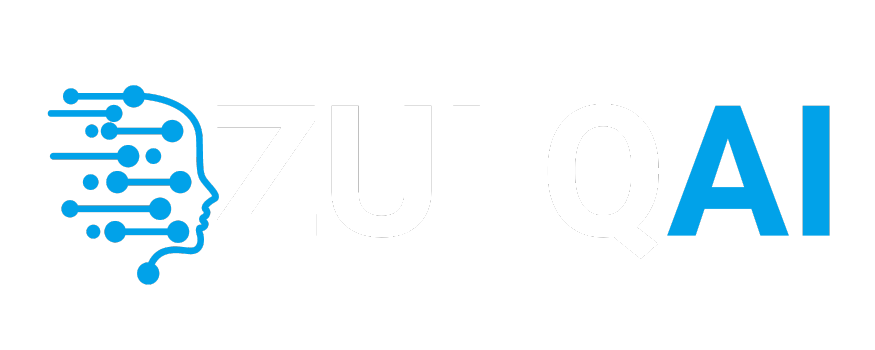Week 1
Week 1 Learnings: Foundations Of AI
- Explored foundational concepts of AI, including its roots and potential for future contributions.
- Key foundations: philosophy, mathematics, economics, neuroscience, psychology, computer engineering, control theory.
- Importance of feedback in building intelligent systems.
- Learned about NLP through analogy with how children learn languages.
- Defined key concepts: Intelligence, AI, Agent, Rationality, Logical Reasoning.
- Reviewed Turing’s objections to machine intelligence and their relevance today.
- Reflected on reflex actions as survival mechanisms, not intelligent actions.
- Key machine learning topics: supervised learning, transfer learning, reinforcement learning, and knowledge graphs.
- Discussed limitations of IQ as the sole measure of intelligence.
- Compared neural structure of Aplysia with high-end computers.
- Evaluated various systems’ AI involvement and complex cognitive mathematics.
- Reflected on AI as both science and engineering.
- Considered animal vs. computer intelligence.
- Assessed current AI capabilities and societal impact, including biases and privacy concerns.
Week 2
Week 2 Learnings: Mastering Python Fundamentals
In Week 2, I realized that to grow in machine learning and AI, learning a programming language is essential. I chose Python for its beginner-friendly nature and suitability for machine learning tasks.
Here’s a concise summary of what I learned:
- Basic Syntax and Structure: Print statements, comments, and indentation rules.
- Data Types:
int,float,str,bool, and type conversions. - Operators: Arithmetic, comparison, logical, and assignment operators.
- Strings: Concatenation, slicing, methods like
.upper(), and formatted strings. - Control Flow:
if-elsestatements,forandwhileloops,break, andcontinue. - Functions: Defining functions, using arguments, return values, and
lambdafunctions. - Lists: Creating and manipulating lists, list methods, and list comprehensions.
- Tuples: Immutable sequences, useful for fixed data.
- Dictionaries: Key-value pairs, accessing values, and dictionary methods.
- Sets: Unique collections and set operations.
- File Handling: Opening, reading, writing, and handling files.
- Modules and Libraries: Importing and using libraries like
math,random, anddatetime. - Error Handling:
try-exceptblocks for managing exceptions.
This week focused on building a solid foundation in Python, essential for effective coding and solving more complex challenges in the future. If you’re starting with Python, mastering these core topics will set you up for success!
Week (3+4+5+6+7)
Hands on practicing: Python, Numpy & Pandas on small projects
Apologies for missing the weekly updates! I’ve been completely immersed in practicing Python, which caused me to lose track of keeping the website up to date. But I believe getting hands-on with technical skills is just as crucial as expanding our general knowledge about AI and ML.
The past five weeks have been an exciting whirlwind of learning and practicing. Here’s what I’ve been up to:
- Python Fun Projects: I worked on a series of small projects that really helped solidify my understanding of Python. I feel much more confident now about the core concepts.
- Improving Typing Skills: I realized productivity is directly tied to my typing speed, so I invested time in learning to type faster, and it’s already paying off.
- Numpy & Pandas: I dove deep into these libraries and practiced using them on live projects. It’s incredible to see how these tools can simplify complex data tasks.
- Learning AI with Andrew Ng: I’ve started learning Linear Regression and Classification through Andrew Ng’s courses on Coursera. His teaching style makes the concepts much easier to understand and apply.
Coursera has been a fantastic resource for learning these topics. Yes, it can be pricey for students in many regions, but the value of quality content and the hands-on experience makes it worth every penny. The ability to practice as you watch the lectures truly enhances the learning experience and engagement.
Looking forward to applying these new skills in bigger projects and sharing more updates soon!

